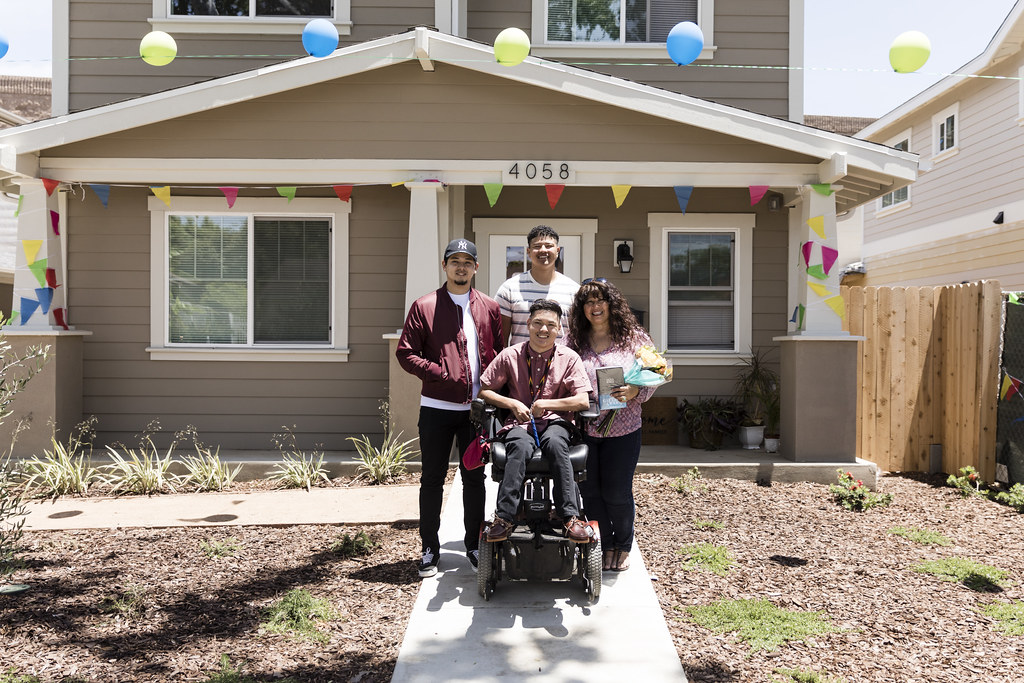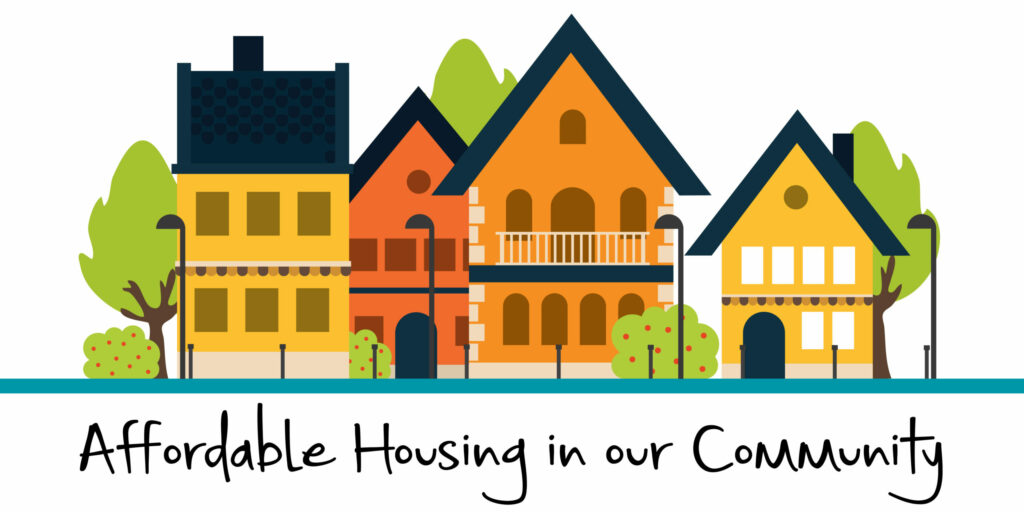Budget Friendly Homeownership Options for First-Time Homebuyers
As the housing market proceeds to evolve, new buyers encounter one-of-a-kind obstacles in protecting economical homeownership choices. Different resources, including entitlement program programs, low-down-payment home mortgages, and targeted gives, have emerged to minimize monetary pressures. These initiatives not just assist in homeownership yet additionally foster area stability and economic development. Browsing these options can be complicated, and understanding which pathways are most useful needs cautious consideration. What methods can potential home owners use to optimize their possibilities in this landscape?
Federal Government Help Programs
Entitlement program programs play an essential duty in making homeownership obtainable for many people and families. These programs intend to minimize the monetary problem connected with purchasing a home, specifically for new purchasers. By providing economic help, gives, and tax obligation motivations, federal government campaigns assist connect the space in between rising housing costs and the purchasing power of potential property owners.
Various programs are available at the federal, state, and local degrees. As an example, the Federal Housing Management (FHA) gives insurance policy on lendings, permitting loan providers to use extra favorable terms, such as reduced deposits and lowered rate of interest rates. Additionally, state and regional federal governments commonly have their very own initiatives, which might include down payment aid programs, homebuyer education programs, and desirable home loan terms.
These programs are created to address the special obstacles encountered by reduced- to moderate-income households, consisting of restricted financial savings and credit rating. By cultivating an environment where homeownership is a lot more easily accessible, entitlement program programs not only support individual ambitions yet also add to community security and financial development. Understanding and utilizing these sources can significantly boost the prospects of effective homeownership.
Low-Down-Payment Home Mortgages
For many aspiring house owners, low-down-payment home mortgages present a viable path to homeownership, especially in today's tough housing market. These home mortgage alternatives commonly call for deposits ranging from 3% to 5%, making it easier for first-time customers to go into the marketplace without the problem of conserving for a considerable down payment.
Various loan providers use low-down-payment programs, including conventional finances backed by Fannie Mae and Freddie Mac, as well as government-backed choices like FHA loans. These home mortgages are designed to fit people with restricted cost savings while still offering affordable rate of interest. Notably, they enable customers to keep more cash money for various other essential costs, such as moving costs, home examinations, and possible renovations.
Nevertheless, potential home owners need to be conscious of the trade-offs connected with low-down-payment mortgages. A smaller deposit may result in higher month-to-month settlements and the necessity of private home loan insurance policy (PMI), which shields loan providers in case of default. Therefore, it is crucial for novice purchasers to conduct complete study and speak with home loan specialists, guaranteeing they select a low-down-payment option that aligns with their lasting economic goals. Affordable Homeownership.
First-Time Homebuyer Grants
Several first-time homebuyers find that gives can considerably relieve the financial burden of purchasing a home, enhancing low-down-payment mortgage choices. These gives, usually supplied by state and charitable organizations or regional federal governments, supply financial aid that does not require repayment, making them an eye-catching choice for those you could try here going into the real estate market.
Eligibility for novice buyer gives generally relies on earnings, creditworthiness, and the acquisition price of the home. Numerous programs are made to help low- to moderate-income families, making sure that assistance gets to those who require it most. The application process commonly involves documentation of economic standing, buyer education programs, and in some cases even a dedication to remain in the home for a certain period.
The amount useful varies commonly, with some grants supplying several thousand bucks to aid cover shutting prices or down payments. Investigating available gives in your location is crucial, as programs regularly change and might have specific needs. By leveraging these economic sources, first-time homebuyers can make homeownership extra available, eventually accomplishing their imagine having a home these details while alleviating the initial financial pressure.
Innovative Community Campaigns
Cutting-edge neighborhood efforts are playing a crucial role in expanding budget friendly homeownership options for locals. These initiatives frequently involve collective initiatives between local governments, non-profit organizations, and economic sector stakeholders to create lasting housing services tailored to neighborhood requirements.
One notable approach is the facility of community land depends on (CLTs), which enable citizens to buy homes while the land remains possessed by the depend on. This design assists keep price in time and avoids speculative rate boosts. Additionally, CLTs typically offer instructional resources and assistance solutions to empower first-time homebuyers.
An additional efficient effort is the growth of mixed-income real estate projects, which mix budget-friendly units with market-rate homes. This method promotes comprehensive areas and lowers the stigma usually related to low-income real estate. In addition, neighborhood governments are significantly supporting zoning reforms to promote the construction of accessory residence systems (ADUs), which can give additional rental revenue for home owners while raising real estate accessibility.

Tips for Budgeting and Saving

Following, establish a dedicated financial savings account especially for your future home purchase. Goal Bonuses to conserve a portion of your income regularly, ideally 20% or more, to build a significant deposit. Make use of automation tools, such as straight down payment or automatic transfers, to make conserving less complicated and extra consistent.
In addition, consider embracing the 50/30/20 rule: allocate 50% of your earnings to demands, 30% to wants, and 20% to savings and debt settlement - Affordable Homeownership. This method advertises well balanced financial wellness

Verdict
In summary, inexpensive homeownership options for novice buyers incorporate various sources such as entitlement program programs, low-down-payment home loans, and gives. These efforts not just assist in entrance into the real estate market yet likewise promote neighborhood security and financial growth. By leveraging these financial tools, individuals can navigate the complexities of homeownership, ultimately adding to an extra equitable housing landscape. Proceeded assistance and recognition of these programs are essential for enhancing access to homeownership chances.
As the housing market proceeds to progress, first-time buyers encounter unique challenges in safeguarding inexpensive homeownership choices. By promoting an atmosphere where homeownership is more obtainable, federal government support programs not only support private goals but also contribute to area security and financial development. By leveraging these monetary resources, novice homebuyers can make homeownership much more obtainable, ultimately attaining their desire of owning a home while mitigating the first economic strain.
In summary, budget friendly homeownership choices for newbie homebuyers include numerous resources such as government assistance programs, low-down-payment mortgages, and grants. By leveraging these monetary tools, people can browse the intricacies of homeownership, ultimately contributing to an extra equitable housing landscape.